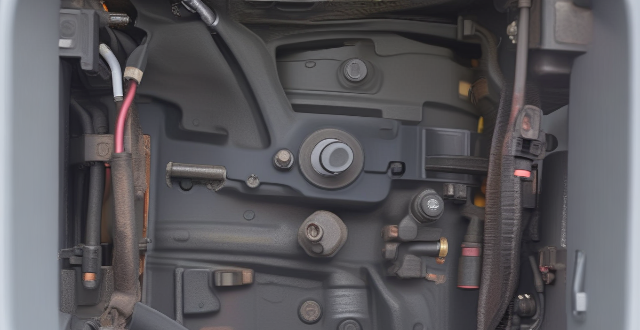The question of whether an electronic speed controller (ESC) can be used in a car engine depends on the type of engine. In traditional internal combustion engines (ICE), which use gasoline or diesel as fuel, an ESC cannot be used because these engines rely on mechanical systems for speed control. However, in electric cars, which use electric motors as their primary source of propulsion, an ESC is essential for controlling the speed of the motor and protecting it from damage. Therefore, while an ESC cannot be used in ICE vehicles, it plays a crucial role in electric vehicles.

Can an Electronic Speed Controller be Used in a Car Engine?
The question of whether an electronic speed controller can be used in a car engine is a complex one. To fully understand the answer, we first need to delve into what an electronic speed controller (ESC) is and what it does.
What is an Electronic Speed Controller?
An electronic speed controller, commonly known as ESC, is a device used to control the speed of electric motors. It is widely used in applications such as drones, robots, and electric vehicles. The main function of an ESC is to regulate the power delivered to the motor, thereby controlling its speed.
Key Features of an ESC:
- Speed Control: Regulates the speed of the motor by varying the amount of power it receives.
- Braking: Some ESCs have the ability to brake the motor, which is useful in applications like drones where quick stops are needed.
- Reversing: Allows the motor to run in reverse direction.
- Protection: Protects the motor from damage due to overcurrent or overheating.
Can an ESC be Used in a Car Engine?
Now, let's address the main question. Can an ESC be used in a car engine? The answer is both yes and no, depending on the context.
No: For Traditional Internal Combustion Engines (ICE)
In traditional internal combustion engines (ICE), which use gasoline or diesel as fuel, an ESC cannot be used. These engines rely on mechanical systems like gears and clutches for speed control, and their speed is primarily controlled by the driver through the accelerator pedal. The electrical system in these cars is mainly for starting the engine and running the accessories, not for controlling the engine speed.
Yes: For Electric Cars
However, in electric cars, which use electric motors as their primary source of propulsion, an ESC can be used. In fact, they are essential components in electric vehicles. The ESC controls the speed of the electric motor, providing smooth acceleration and deceleration. It also protects the motor from damage and allows for regenerative braking, which helps to recharge the battery while slowing down the vehicle.
Benefits of Using ESC in Electric Cars:
- Efficient Speed Control: Provides precise control over the speed of the electric motor.
- Improved Safety: Offers protection against motor damage and allows for safe braking.
- Regenerative Braking: Helps to recharge the battery, increasing the overall efficiency of the vehicle.
In conclusion, while an electronic speed controller cannot be used in traditional internal combustion engines, it plays a crucial role in electric vehicles. As we move towards a future with more electric cars on the road, understanding the function and benefits of ESCs becomes increasingly important.